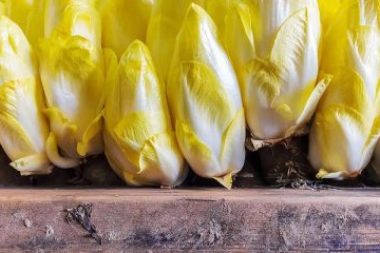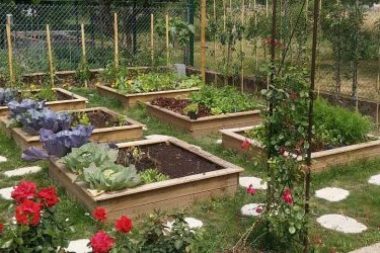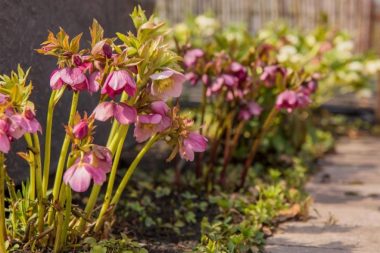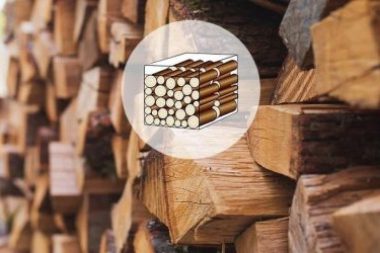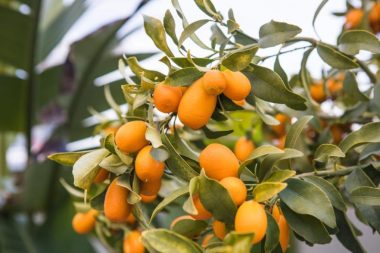In autumn, walks in the forest are an opportunity to discover the flamboyant colors of the vegetation. Take the opportunity to observe the ground! What do you see? A ground covered with dead leaves, many of which are decomposed, forming a good layer of humus. In short, in nature, the ground is never bare. Why should it be in your vegetable garden?
Table of Contents
What happens to bare soil in winter?
In autumn and even more so in winter, vegetables are scarce in the vegetable garden. Indeed, once the summer harvest is over, it is customary to clean up your vegetable garden.
Many gardeners still believe that bare soil is clean soil. However, it does not remain so for long because, very quickly, weeds appear. Even in autumn and winter!

In addition, autumn is often the rainy season. Rainfall can be violent and torrential. On bare soil, nothing retains this providential water that does not penetrate the soil as it should.
Therefore, there is soil erosion, in addition to nutrient leaching.
Beyond leaching, a superficial, hard, and compact crust forms on the surface of the soil, preventing water from infiltrating and increasing runoff. This phenomenon, called compaction, is particularly harmful to the soil in the vegetable garden and the development of vegetable plants.
Finally, the microfauna (or soil fauna) and earthworms that live on the surface of the soil are certainly less active in the cold, but they remain alive. If the soil is bare, they do not have any food to survive.
For the health of your soil, it is therefore essential not to leave it bare. That is why a cover is necessary.
Winter mulching, the first solution to cover the soil
In early autumn, some small tasks are necessary in the vegetable garden once it is freed from summer crops. We weed and loosen the soil, which becomes bare.

The ideal is to apply a thick mulch to avoid the inevitable inconveniences of bare soil.
Furthermore, over the weeks, it will decompose and fertilize the soil. Thus, in autumn, in the vegetable garden, several natural mulches are possible:
- Dried grass clippings that have been stored, but you need a large lawn area
- Dead leaves from trees, possibly shredded with a lawnmower for thicker and tougher ones
- Compost if you have a large quantity
- Woody mulch or wood chips (ramial chipped wood) from pruning shrubs and trees in your garden. It takes longer to decompose than other mulches
- Straw, an ideal mulching material that allows good soil aeration and proper water infiltration. The lightly soiled litter from the chicken coop makes an excellent mulch
- Crop residues (unless they carry diseases) and vegetable peelings
- Manure
On the other hand, cardboard, often used as mulch in winter, is potentially toxic (ink, glue…) and can suffocate the soil and the fauna that lives in it.

Green manure, another solution to prevent bare soil
Sowing green manure also allows the soil in the vegetable garden to be covered by their vegetation.
These green manures also have the merit of enriching the soil with nitrogen (legumes), loosening it with their root system, and fertilizing it by decomposing.
In autumn, you can sow:
- Legumes such as fava beans, sainfoin, and winter vetch
- Grasses like rye or oats
- Buckwheat, a plant that grows quickly and dies on its own.



